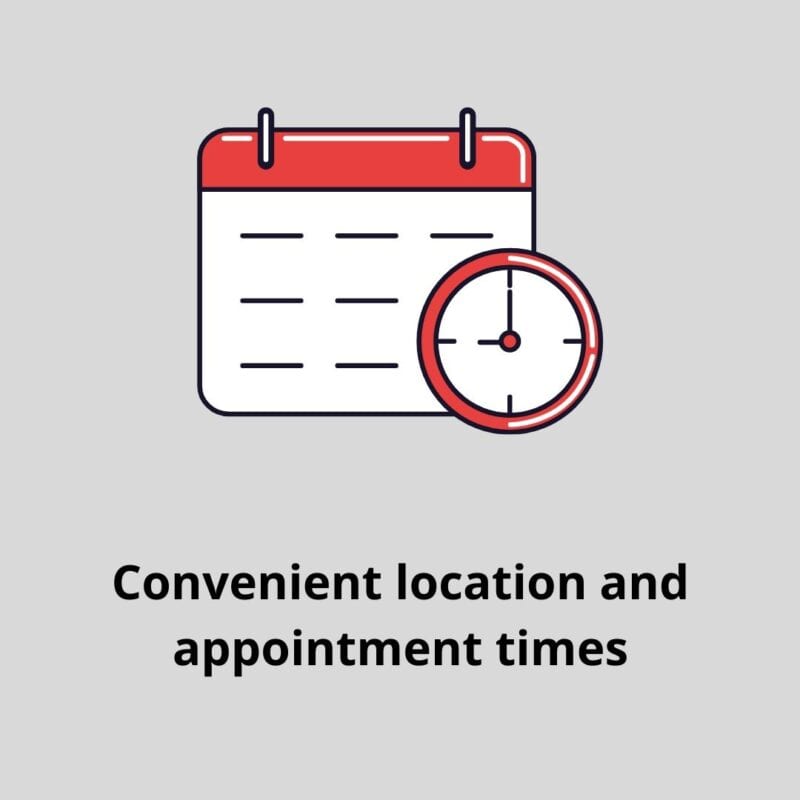Eat to beat Diabetes
The aim of managing diabetes is to normalise blood sugar levels so that you experience fewer complications. Food affects blood sugar levels however there is no ‘one-size-fits-all’ diet for diabetes that works for everyone.
Foods that contain carbohydrates have a GI which is a number used to rank and score foods according to the effect they will have on your blood sugar levels. A Low GI diet can not only reduce your HcA1c but it can increase your good cholesterol levels, even out your blood sugar levels, keep you feeling fuller for longer and help you lose weight. A dietitian can help you find low GI foods that you can swap into your current diet without difficult restrictions.
The Mediterranean diet is rich in olive oil, legumes, unrefined cereals, fruit and vegetables, lower in meat and meat products and with moderate amounts of dairy products (mostly cheese and yoghurt), fish and wine. Like the other diet options, this has been shown to lower blood sugars, lead to more weight loss and improvement in cholesterol levels. This can be a very enjoyable diet for diabetes but advise from a dietitian will ensure that you get the right types and amounts of each of the food groups without weight gain and maximise the health benefits.
These diets provide up to a third of your calories from protein and have shown a reduction in HbA1c concentrations. It is thought that the effect may be because a high-protein diet can suppress your appetite and improve insulin sensitivity. High-protein diets for diabetes need careful consideration and monitoring to prevent unnecessary and excessive protein intake which may have longer-term impacts on organs such as kidneys.
This diet restricts carbohydrates to 20-60g/day and has shown to lead to weight loss, improve blood sugars and improve your cholesterol levels. This type of diet for diabetes can be challenging and restrictive at first so getting help from a dietitian initially will ensure you are getting the right balance of nutrients you need for good health as well as ensure you have enough energy for your lifestyle.
Choosing the right diet for you is a personal decision which should take into consideration your lifestyle, food preferences and medical history. A dietitian can guide you through that process and identify the diet for diabetes that is most likely to work for you as well as provide lots of practical information to get you started and stay on track such as recipes, meal plans and shopping guides.

Tess is an Accredited Practising Dietitian who graduated from Griffith University and grew up in Queensland. Tess is passionate about working with people and building trusting relationships by providing accurate nutrition information that helps people reach their goals. Tess is great at making people feel at ease talking about their diet and health goals and is great at explaining how food and nutrition impact health. Tess has an interest in:
IBS and other gastrointestinal conditions
Weight management
Endometriosis
Women's health
Chronic disease management
Home Enteral Nutrition (HEN)

Aloysa has over 30 years of experience as a Dietitian and has worked for Nutrition Australia and running her own private practice in Brisbane. In addition to her dietetic qualifications, Aloysa has a Graduate Diploma in Counselling from the Queensland University of Technology.
Having a counseling qualification alongside expertise in nutrition and food has led Aloysa to focus on the area of eating disorders and has a great deal of compassion and experience providing support for long-term recovery
Specialist areas:
Eating disorders
Gut disorders
Food intolerances


